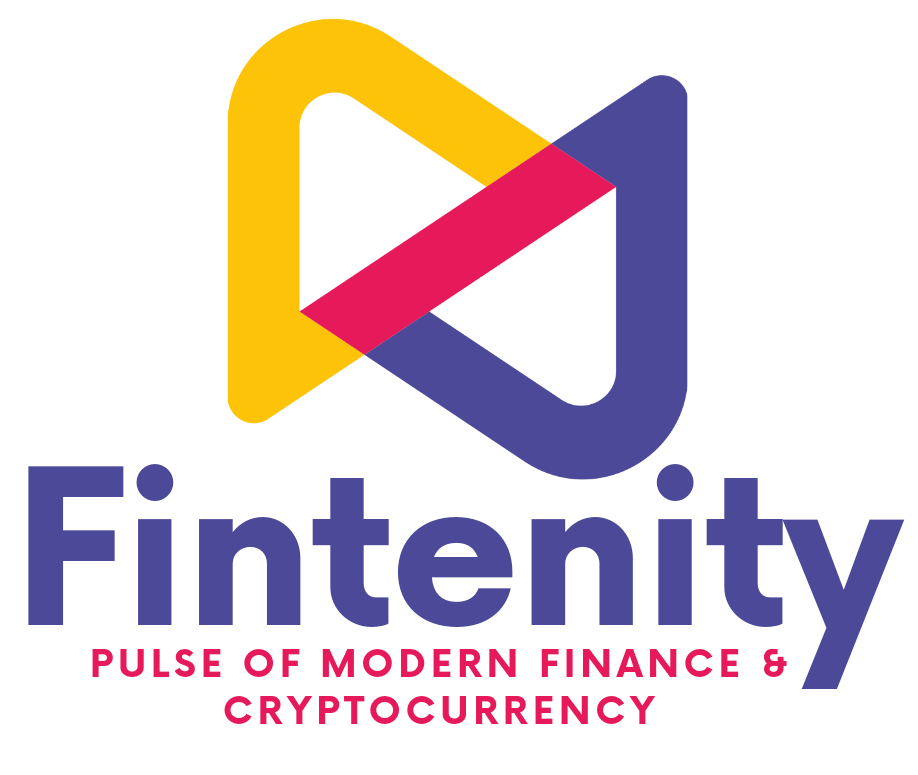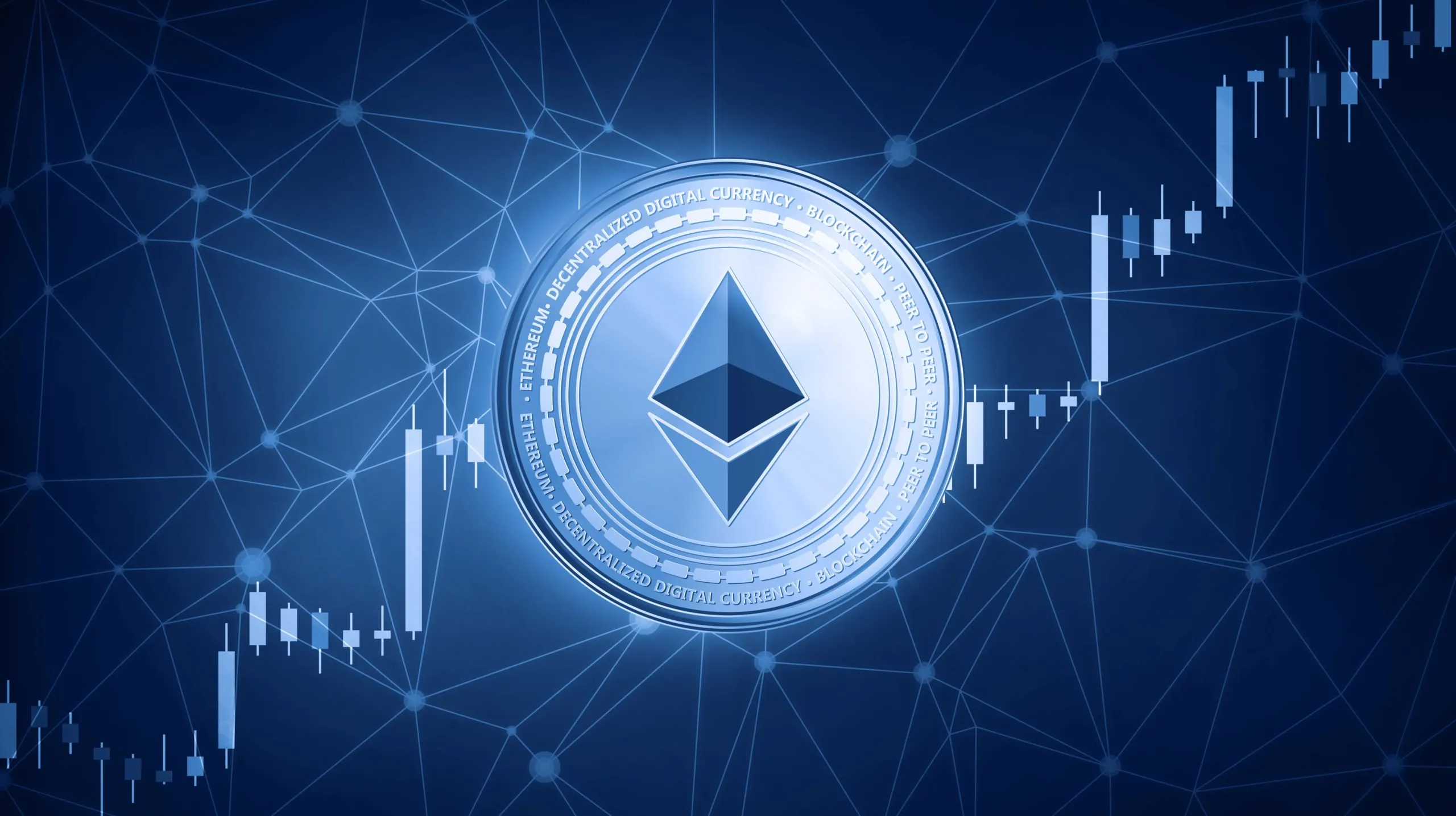While Ethereum has garnered significant attention and hype in the world of cryptocurrencies, its true value lies not just in speculation but in its real-world applications and transformative potential. Beyond serving as a digital currency, Ethereum’s decentralized platform enables the creation of smart contracts and decentralized applications (DApps) that have the power to revolutionize industries, reshape economies, and empower individuals. Let’s explore some of the practical applications of Ethereum and its potential to drive meaningful change in the world.
1. Decentralized Finance (DeFi)
Perhaps the most prominent and impactful application of Ethereum is in the realm of decentralized finance (DeFi). DeFi platforms built on Ethereum enable users to access a wide range of financial services – including lending, borrowing, trading, and earning interest – without the need for traditional financial intermediaries such as banks or brokerages. By leveraging smart contracts and blockchain technology, DeFi offers unprecedented levels of transparency, security, and accessibility, making financial services more inclusive and efficient for people around the world.
2. Smart Contracts for Automation and Efficiency
Smart contracts are self-executing contracts with the terms of the agreement directly written into code. These contracts automate the execution of contractual agreements, eliminating the need for intermediaries and streamlining business processes. In industries ranging from supply chain management and real estate to insurance and healthcare, smart contracts powered by Ethereum offer opportunities for automation, efficiency, and cost savings by reducing paperwork, minimizing errors, and ensuring the integrity of transactions.
3. Decentralized Applications (DApps) for Innovation
Ethereum’s decentralized platform enables the creation of DApps – applications that run on a distributed network of computers and operate without a central authority. These DApps span a wide range of industries and use cases, including gaming, social networking, identity management, and more. By leveraging Ethereum’s blockchain, developers have the freedom to create innovative solutions that are resistant to censorship, tampering, and downtime, fostering creativity, innovation, and entrepreneurship in the digital economy.
4. Tokenization of Assets and Ownership
Ethereum’s blockchain has paved the way for the tokenization of assets – the process of representing real-world assets as digital tokens on a blockchain. Through tokenization, assets such as real estate, art, securities, and intellectual property can be divided into digital tokens that can be bought, sold, and traded on Ethereum’s decentralized exchanges. This opens up new opportunities for fractional ownership, liquidity, and access to investment opportunities that were previously inaccessible to many investors.
5. Decentralized Autonomous Organizations (DAOs)
Decentralized Autonomous Organizations (DAOs) are organizations governed by smart contracts and run on a blockchain – in this case, Ethereum. DAOs enable decentralized decision-making, transparent governance, and community-driven initiatives without the need for centralized leadership or control. By leveraging Ethereum’s decentralized platform, DAOs offer new models for collaboration, collective ownership, and value creation, empowering individuals to participate in the governance and operation of organizations in a transparent and inclusive manner.
In Conclusion
Ethereum’s real-world applications and transformative potential extend far beyond the hype and speculation often associated with cryptocurrencies. From decentralized finance (DeFi) and smart contracts to decentralized applications (DApps) and tokenization of assets, Ethereum is driving meaningful change in industries, economies, and societies around the world. As Ethereum continues to evolve and mature, its impact on the digital economy and beyond is poised to be profound, making it a fundamental pillar of the decentralized future we envision.

